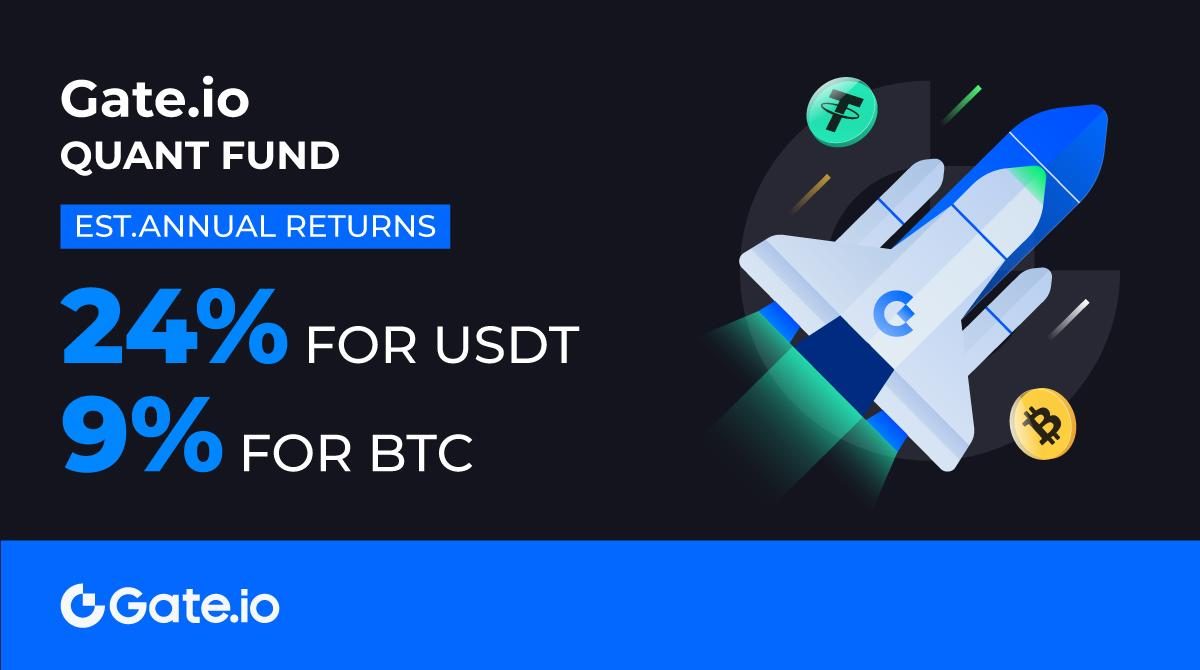Metaverse could reach a valuation of $5 trillion by 2030
A report notes that the current Metaverse acceptance rate is similar to the AI of 5 years ago.

Global consulting firm McKinsey & Company has released a new Metaverse report, saying in the next eight years, the sector could be worth $5 trillion – the size of Japan’s economy. The “Value Creation in Metaverse” report collected data from two surveys, covering 3,104 users across 11 countries and 448 companies across 15 industries.
Metaverse offers opportunities

As Metaverse continues to penetrate daily life, 50% of live events can be held in virtual spaces, and 80% of commercial activity will be “impacted by what users do there” by 2030. Then everyone using the internet will spend about six hours daily in this space.
In particular, the gaming sector will be the main driving force behind Metaverse, blurring entertainment sectors such as music and film. Currently, this sector has about 3 billion gamers worldwide and is valued at 200 billion dollars.
In addition to gaming, the report predicts e-commerce and virtual advertising as two key areas that can leverage Metaverse by 2030, with around $2 trillion to $2.6 trillion of total e-commerce spending and between $144 billion and $206 billion in virtual advertising.
In another blog post, the report’s lead author, Eric Hazan, revealed the current state of Metaverse, similar to Web 2.0 in 2004. At that time, online social networks and user-generated content were about to change the way people interacted with each other on the Internet. However, infrastructure technology is not ready to promote the “utopian vision of user control and democratization of the internet.”
Citing Metaverse as a growing field similar to artificial technology five years ago, Hazan expects to continue flowing into this field to build the basic technology needed for its infrastructure:
“Billions of dollars are flowing into every corner of the Metaverse infrastructure to help achieve that, including back-end technology-enabled tools such as machines, blockchain, and hardware to platforms and virtual worlds.”
Support and skepticism

The report indicated that 95% of operators believe Metaverse can positively impact their industry. Meanwhile, about two-thirds of users are excited about the potential changes by technology that integrates the virtual and real worlds.
In addition to revolutionizing social interactions and business operations, Hazan said the integrated network of the virtual world could “open new avenues for delivering a variety of public services such as education and health care, job creation, and community space planning.”
However, 31% of the total number of executives are somewhat concerned about investments in evolving technology as it is considered a young and rapidly growing unstable space.
Despite the extreme pessimistic mentality surrounding the cryptocurrency market recently, more than $120 billion has been invested in Metaverse-related technologies – more than double the total $57 billion invested in the sector by 2021.
DISCLAIMER: The Information on this website is provided as general market commentary and does not constitute investment advice. We encourage you to do your own research before investing.
Join CoinCu Telegram to keep track of news: https://t.me/coincunews
Follow CoinCu Youtube Channel | Follow CoinCu Facebook page
KAI
CoinCu News



















